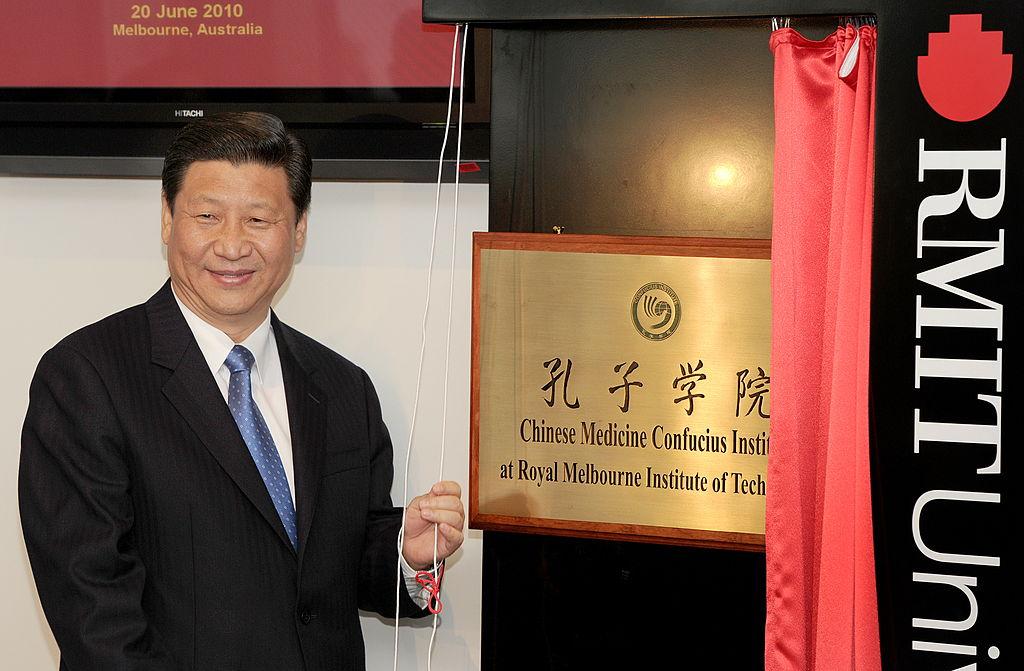TORONTO—The Canadian province of New Brunswick has decided to give the boot to China’s Confucius Institute, with the education minister saying the program’s aim is to put a “friendly” face on a regime responsible for more deaths than any other in history.
Education Minister Dominic Cardy said the program provides a “one-dimensional” view of China, influencing students so they only have a positive image, CBC reported.





